
EU delays deforestation rule, but industry pushes ahead on soy initiatives
AIC sets date for new sustainability scheme, ForFarmers in alliance with Bunge

AIC sets date for new sustainability scheme, ForFarmers in alliance with Bunge

As climate volatility and aggressive pathogens threaten global banana production, SynTech Research Group is investing in drone spraying, digital monitoring, and precision agriculture – while expanding its biologicals portfolio – to safeguard one of the...

Vinaseed targets rising demand in Laos for high-quality, climate-resilient seeds as the country accelerates its sustainability agenda, creating new growth opportunities in maize, rice, and vegetables.
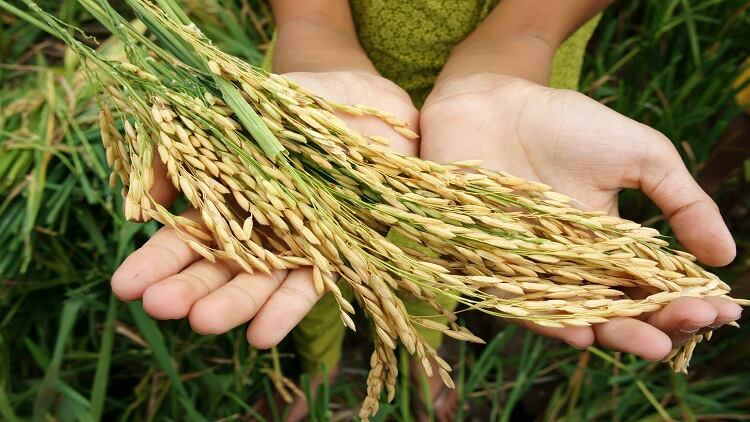
India rolls out 31 new rice varieties that boost yields, strengthen climate resilience, enhance nutrition, and cater to regional grain preferences.
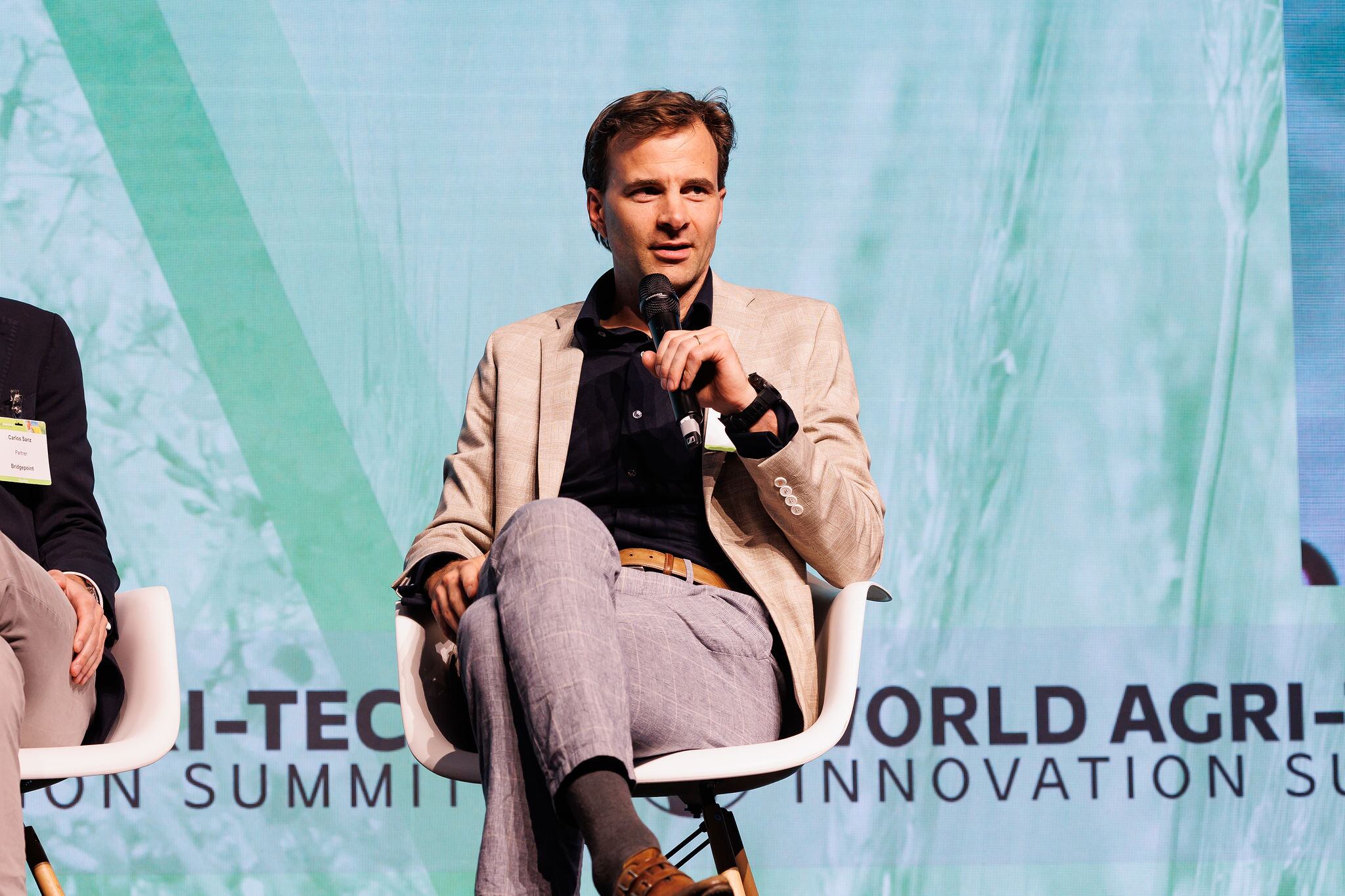
Investor profile
Three decades after pioneering impact investing, Amsterdam-based Pymwymic is still making the case that financial returns and positive change can – and must – go hand in hand

China’s ag ministry touts seed security as home-bred crop varieties reach 95% and domestic livestock and aquaculture brood stock surpass 80%, marking strong gains over its five-year seed revitalisation drive.

The International Rice Research Institute’s (IRRI) PaddyMitra chatbot underscores the importance of inclusivity and localisation in bridging the divide between modern farming and digital literacy.

Investor profile
Managing partner David Bowles explains why Yield Lab Europe avoids the hype, backs deep science, and leans on industry-tested networks to find agtech ventures that actually work – even if it means being the boring investor in the room

The Korea Agriculture Technology Promotion Agency (KOAT) set to launch a genomic analysis service for hanwoo cow in December to strengthen the competitiveness of Korea’s premium beef industry.

As climate volatility and data complexity rise, agentic AI is emerging as a powerful tool to help agrifood businesses move from reactive to proactive decision-making. But scaling the technology comes with its own set of challenges
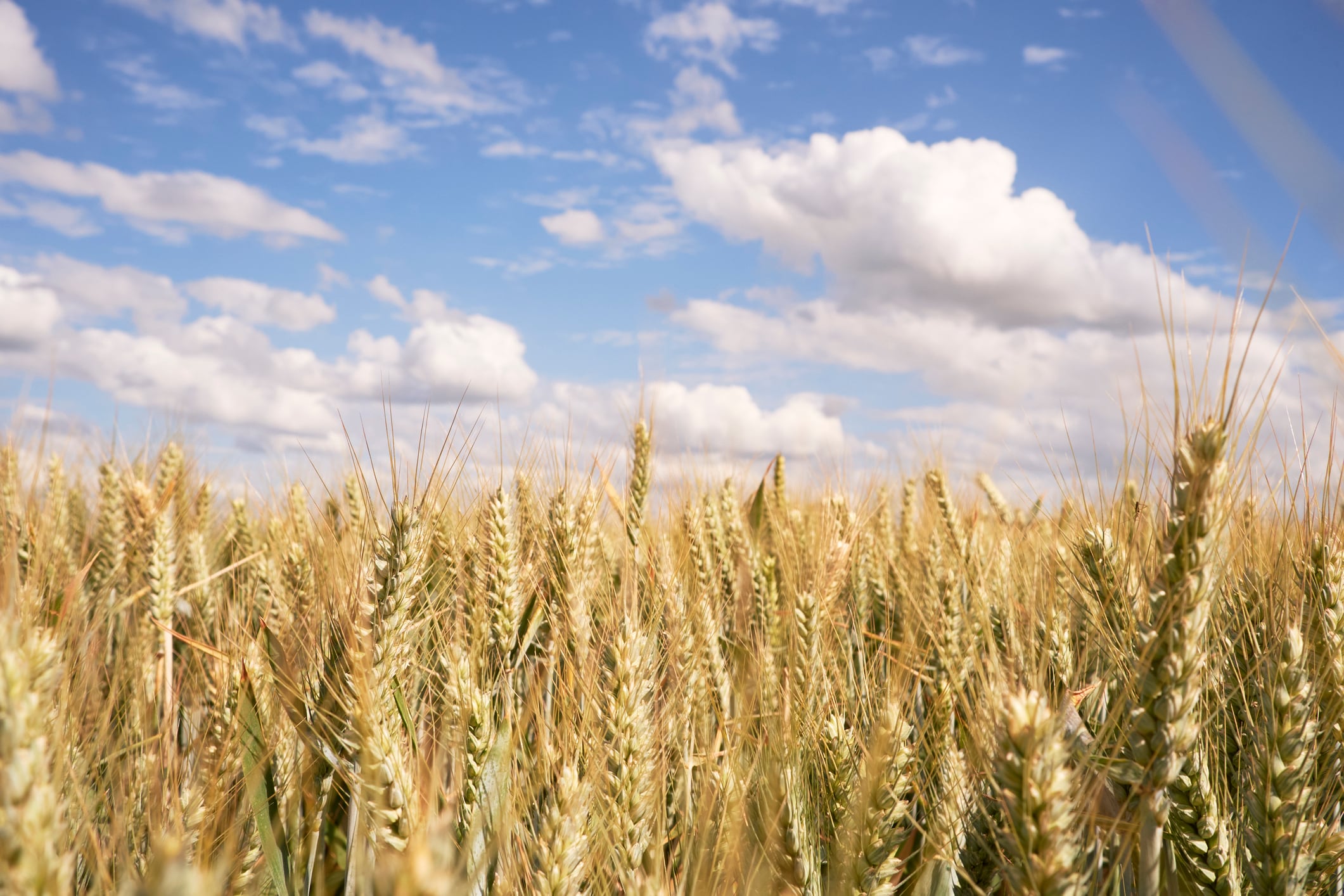
Swedish agtech startup OlsAro’s salt-tolerant wheat is expected to debut in Bangladesh by 2027, with regulatory trials already underway and broader market expansion expected to follow from 2029.

Only resilience, innovation, and open markets will keep Europe competitive, says the one-time Brussels insider

Europe’s livestock sector is ready to transform - but progress is being held back, claim industry players

Over 3,000 traditional African vegetable seed samples journey to the Svalbard Global Seed Vault, marking a major milestone in biodiversity conservation and climate resilience
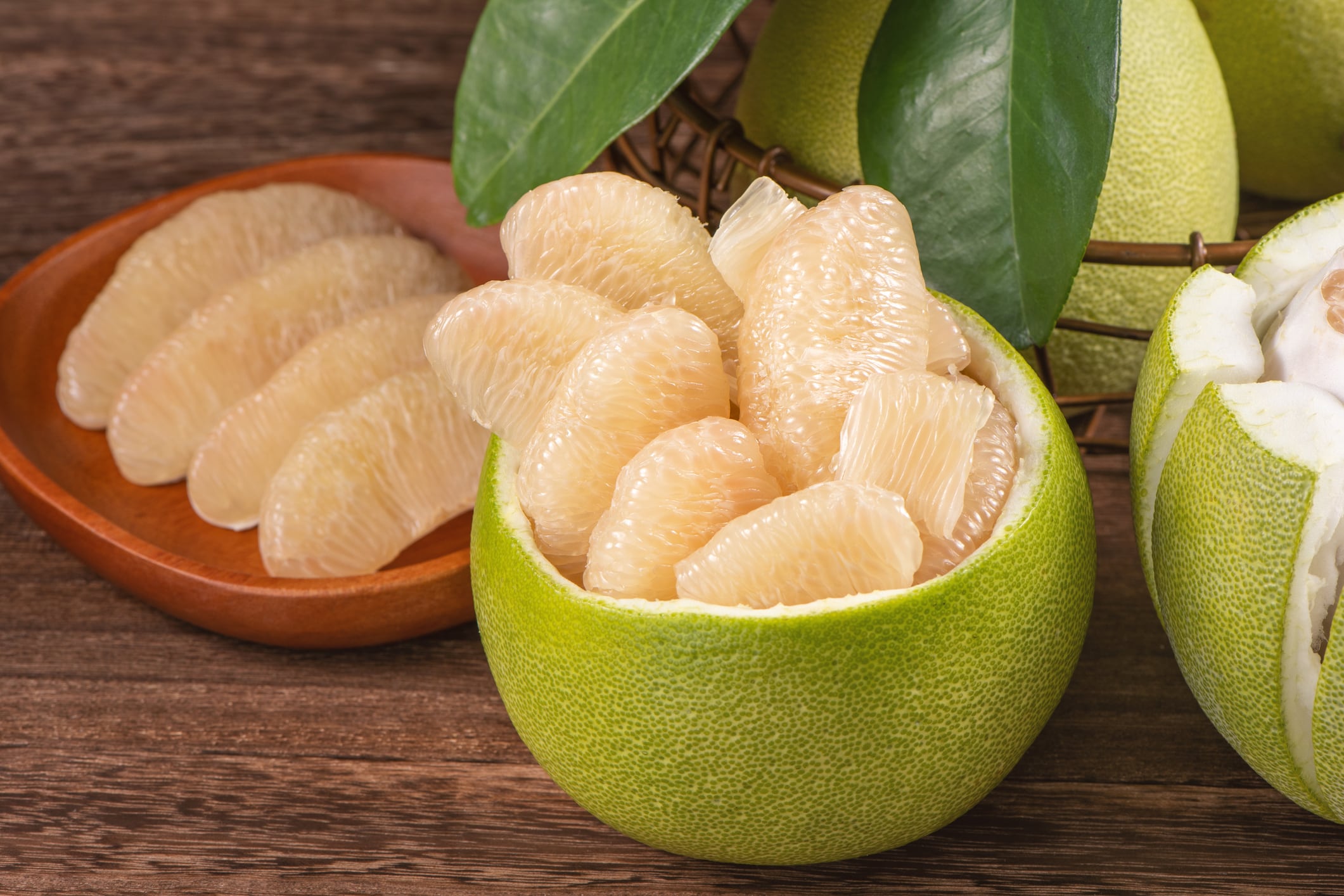
Vietnam’s farmers are actively looking to export pomelos and avocados to China to expand its export opportunities and safeguard future growth
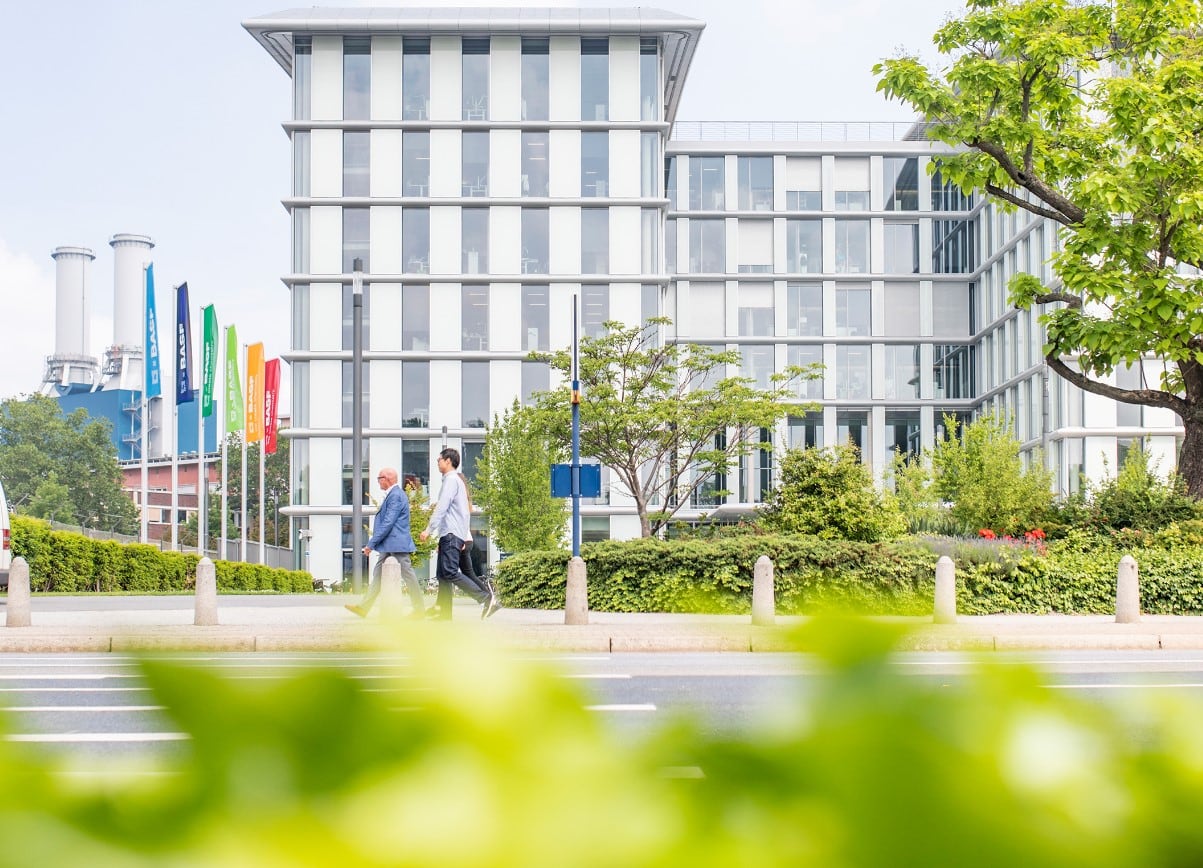
€10bn unit to gain autonomy as BASF reshapes its agribusiness strategy under “Winning Ways”

New Italy-based VC says it’s part of a more disciplined wave of investors focused on scalable, science-driven solutions to real food system challenges
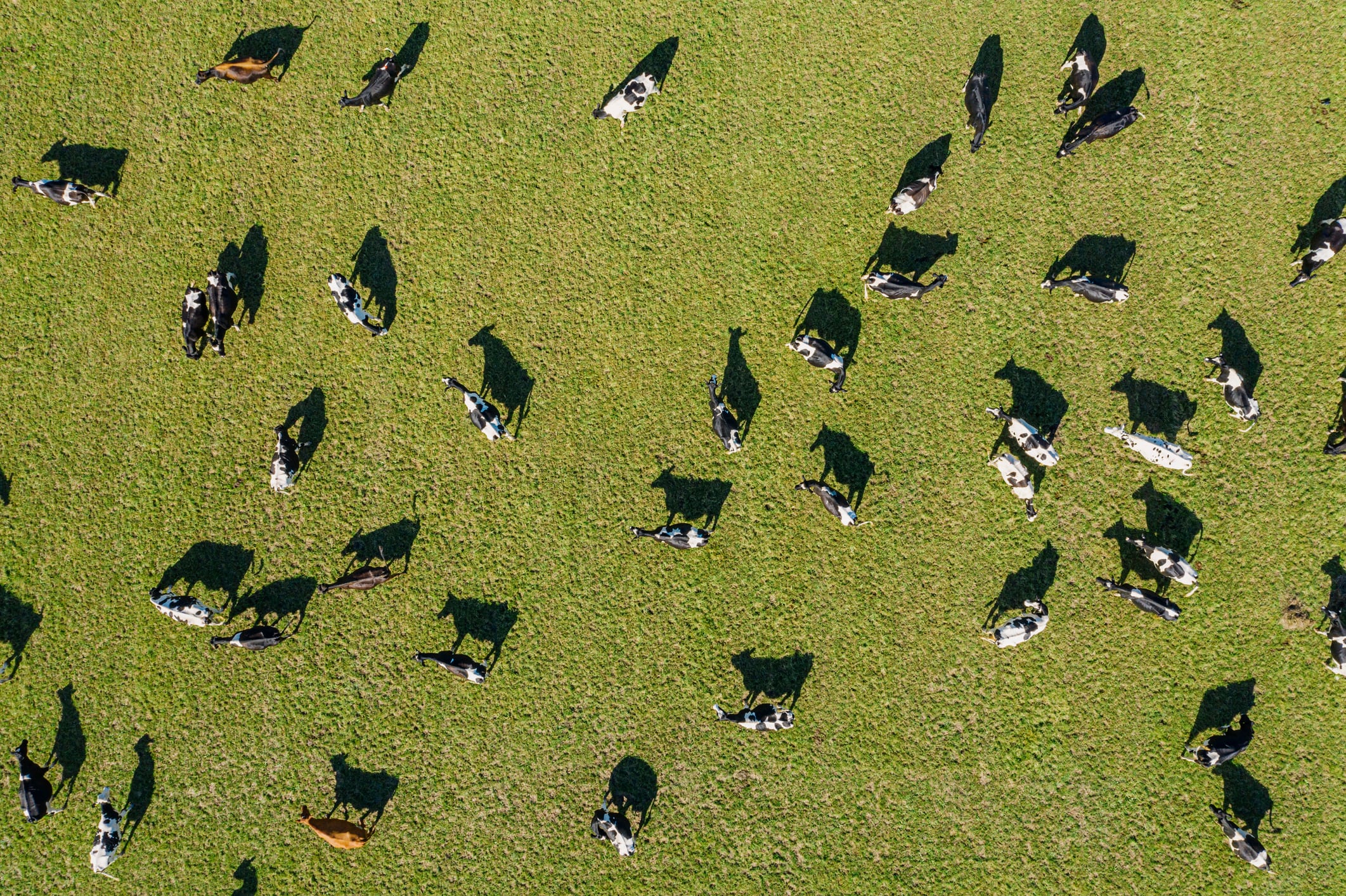
The food giant’s hushed departure from a global methane-reduction alliance raises concerns about corporate climate fatigue and the future of collective sustainability efforts

Innovative peatland rewetting project aims to cut emissions, boost food security, and future-proof British agriculture

China sees potential in rice–fish farming to advance circular, sustainable agricultural practices while also enhancing food and farmer security.

World Agri-Tech Innovation Summit London 2025
EarthDaily is rolling out a 10-satellite constellation that delivers high-resolution imagery to help reach smallholder farmers worldwide, allowing the company to target rice production in Asia

Agriculture minister Shinjiro Koizumi tells Japan’s Shine Muscat grape producers to gear up for export “as soon as possible” after criticism over licensing agreements to produce the prized fruit overseas.

Vietnam’s rice sector faces mounting pressure as the Philippines import ban could stay in place until year-end, raising concerns over further price falls for the top exporter.
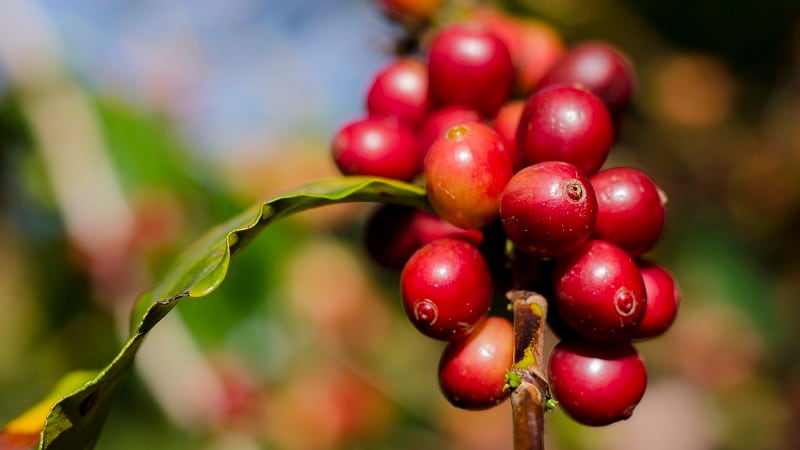
World Agri-Tech Innovation Summit Mexico 2025
Mexico’s coffee industry is on the move, but technological investments are crucial to capitalizing on recent gains
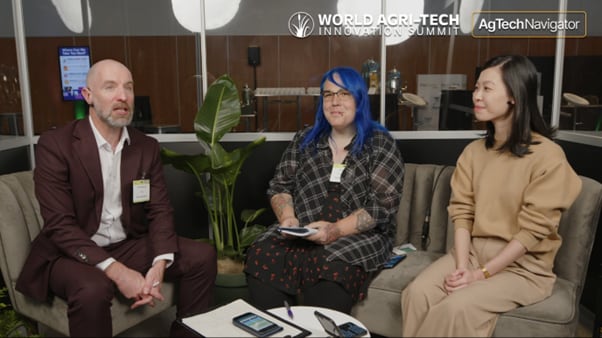
World Agri-Tech Innovation Summit London 2025
From impact-led innovation and funding slowdowns to gaps in soil microbiome research, AgTechNavigator editors unpack the major takeaways from the 2025 World Agri-Tech Innovation Summit in London
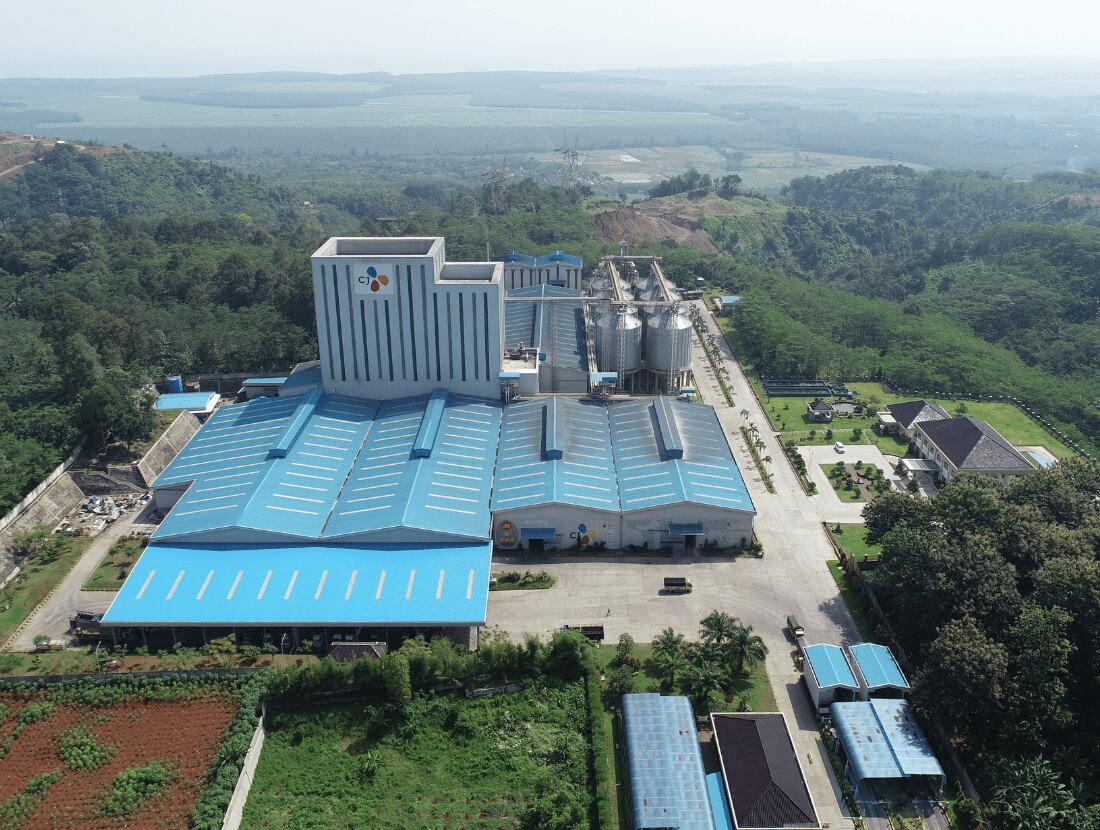
Acquisition includes 17 feed mills
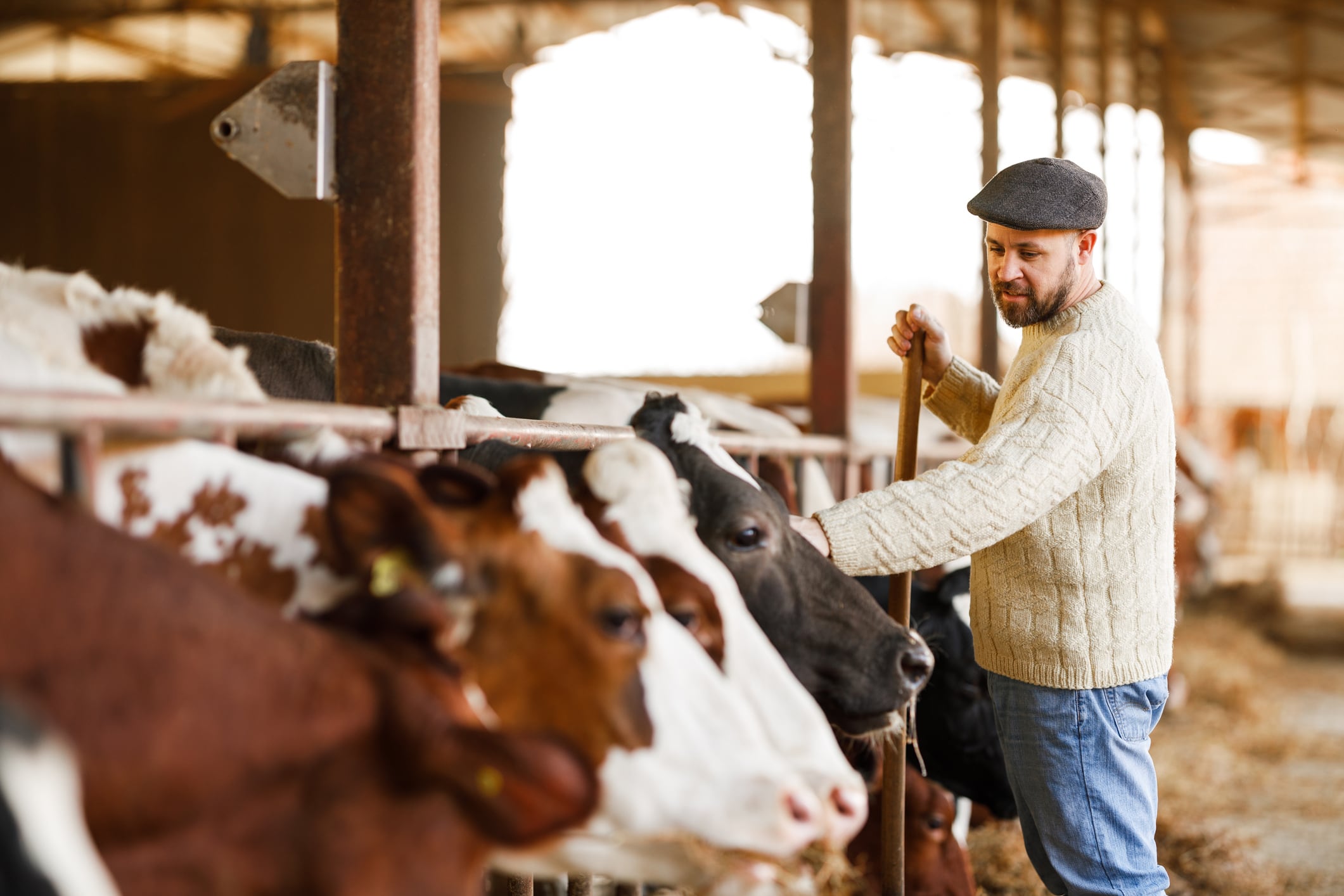
The UK Agri-Tech Centre aligns its efforts with the UK’s industrial strategy, focusing on four to five key areas where technology can address pressing agricultural challenges, explains its engagement director Helen Brooks
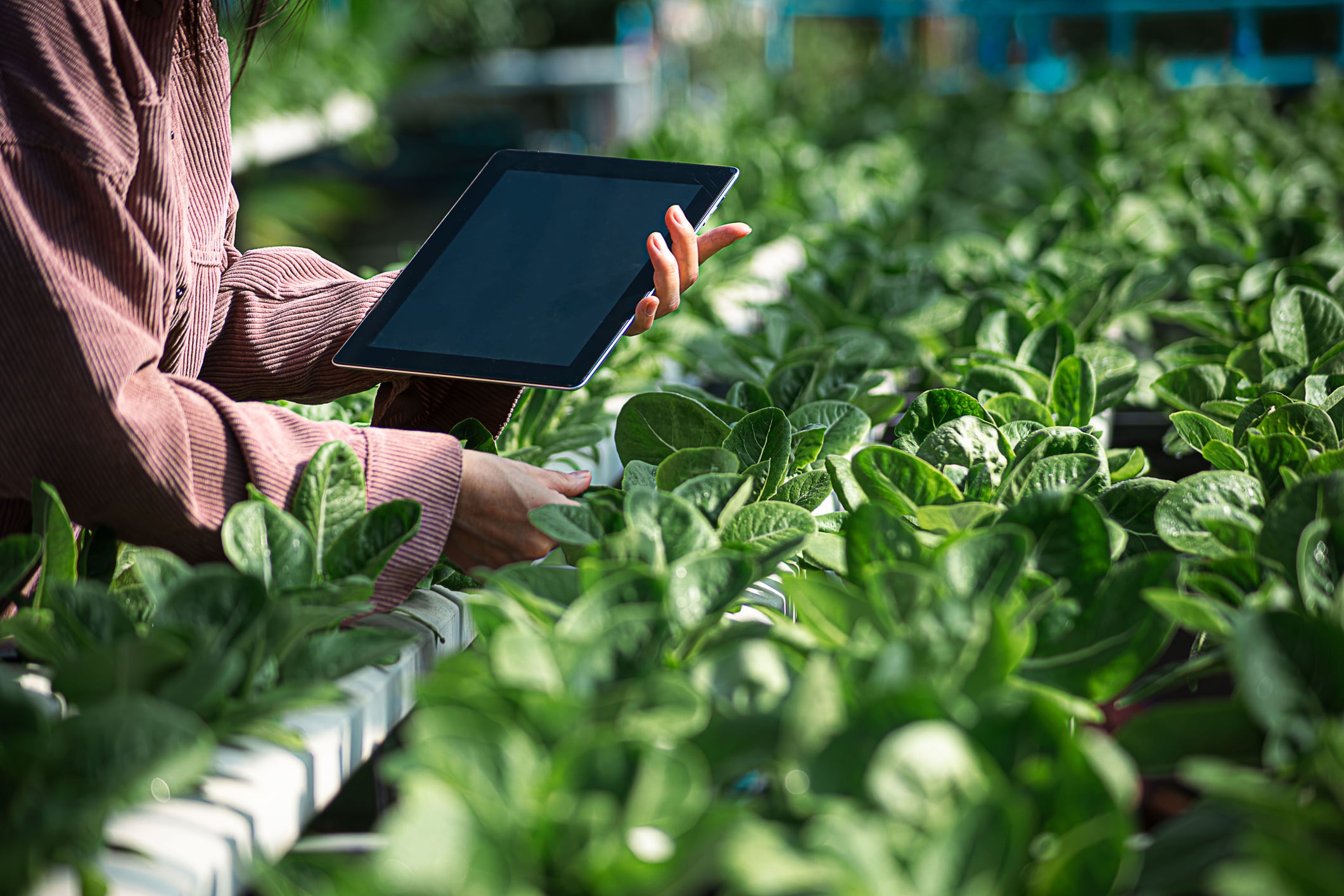
Digital Catapult’s latest cohort aims to future-proof the UK’s agri-food sector with deep tech innovation, tackling challenges from dairy forecasting to biodiversity monitoring
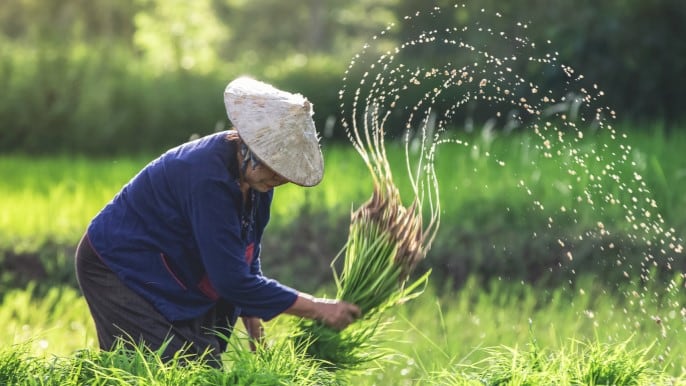
Japan’s Ministry of Agriculture, Forestry and Fisheries (MAFF) five-year plan aims to slash rice production costs by more than 60% through farmland consolidation and agricultural technology.
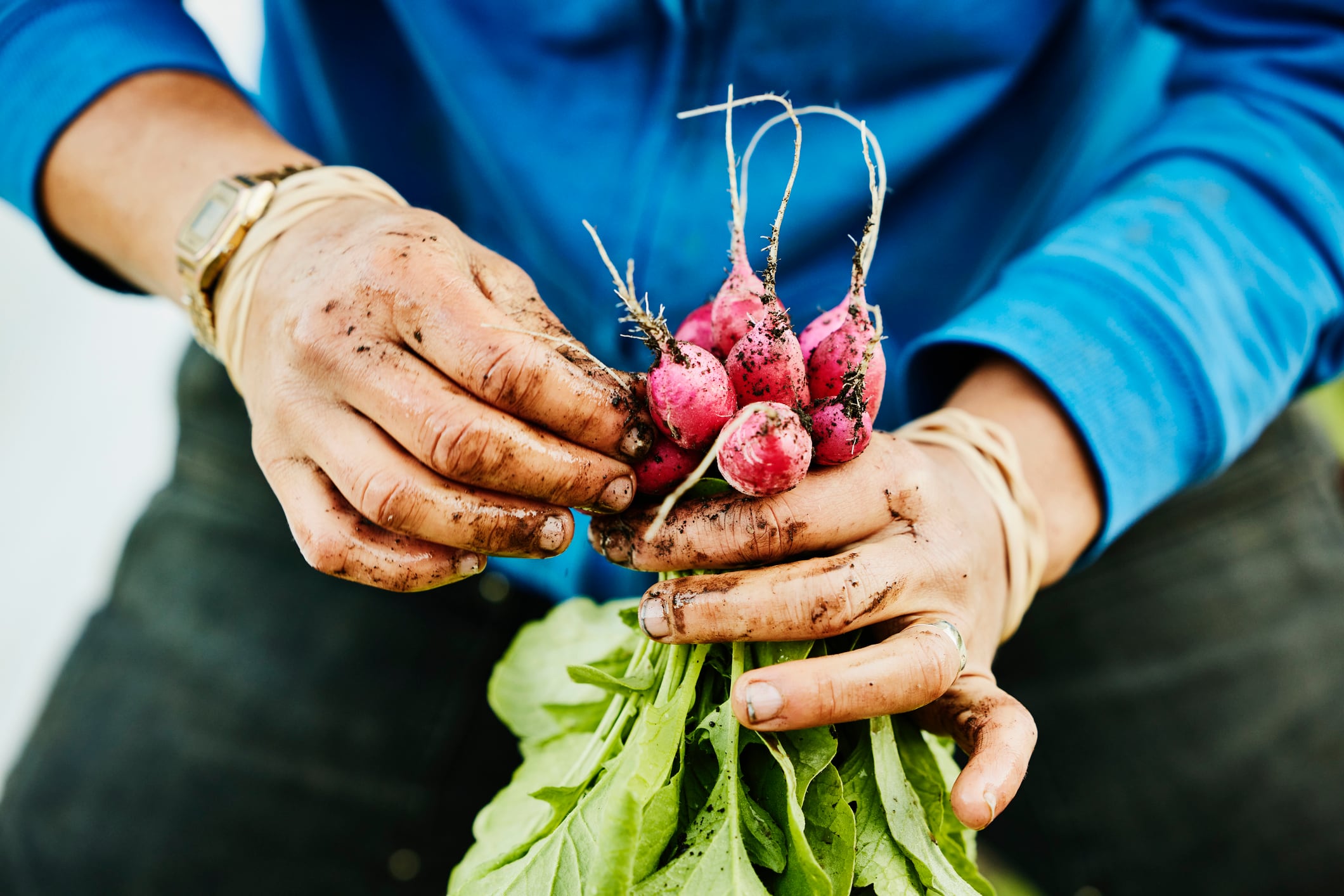
Researchers at the University of Plymouth in the UK have released a new study showing evidence that nanoplastics can accumulate in the edible parts of crops, specifically radishes
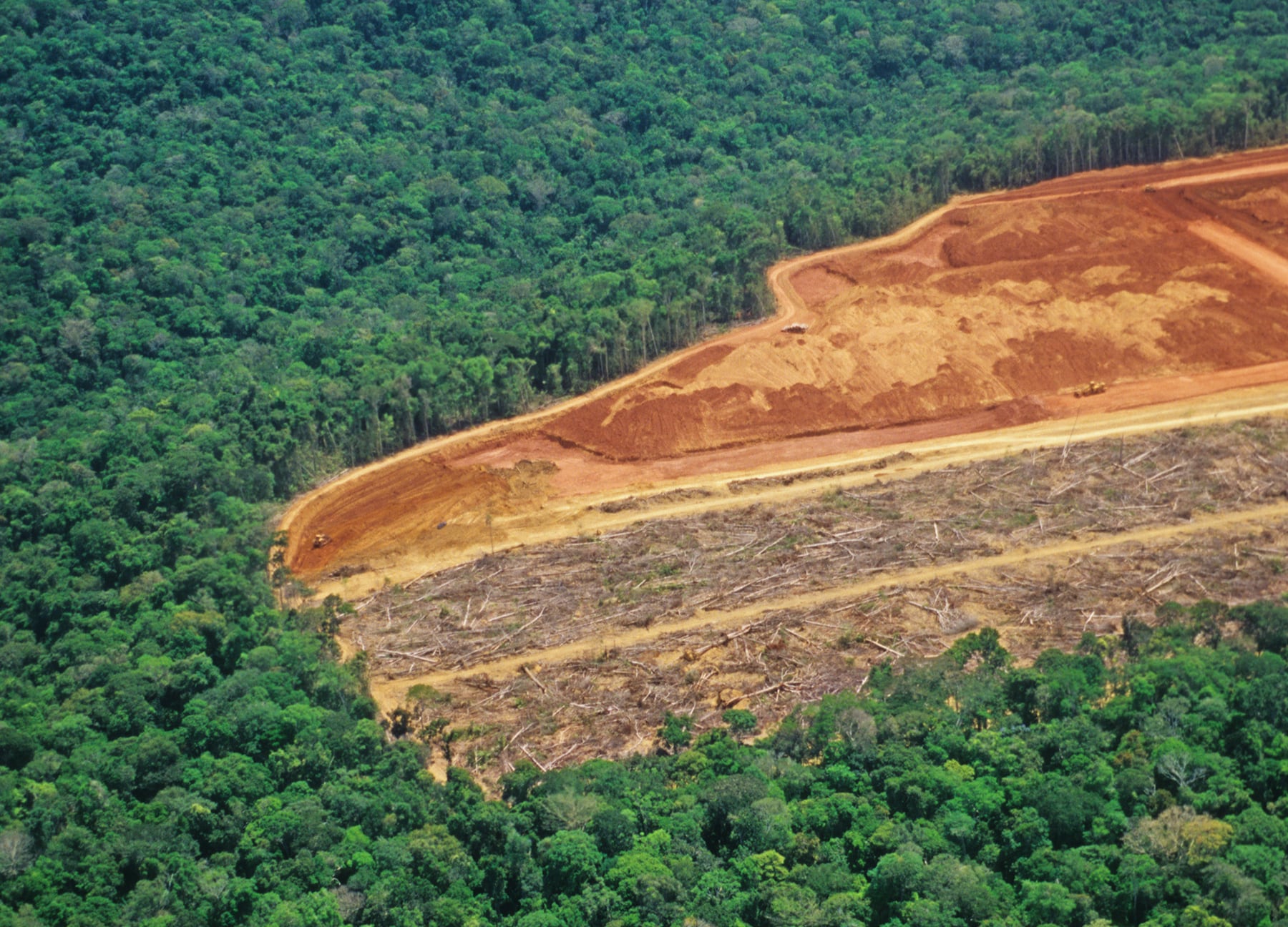
EU Commission cites unready IT system as reason for postponement
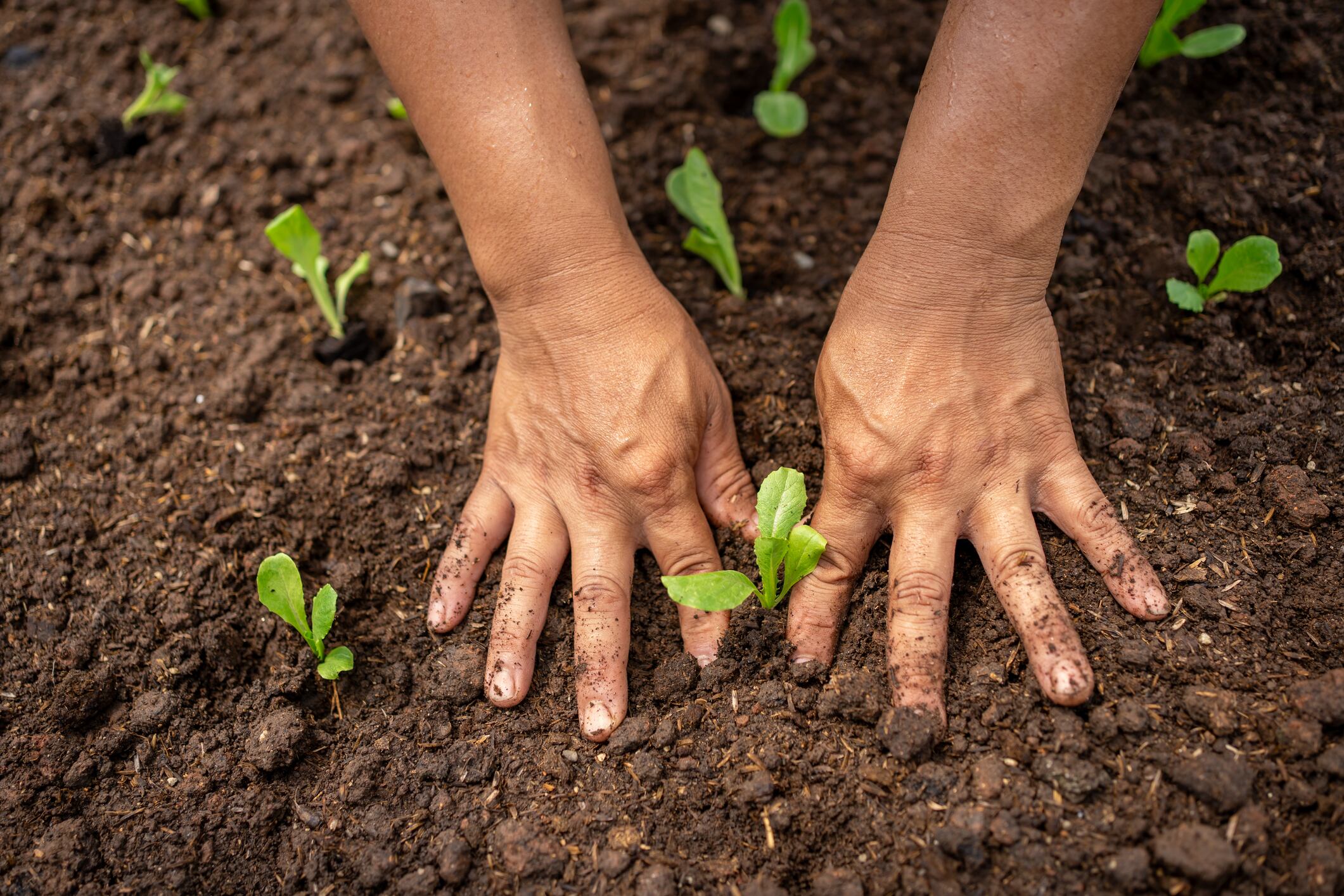
The future of agri-food supply chains hinges on shifting to sustainable value creation to build truly resilient systems that withstand disruption while driving long-term growth.

Taiwan’s investments into pomelo processing and upcycling is mitigating the impact of climate change while working towards sustainable agriculture goals.
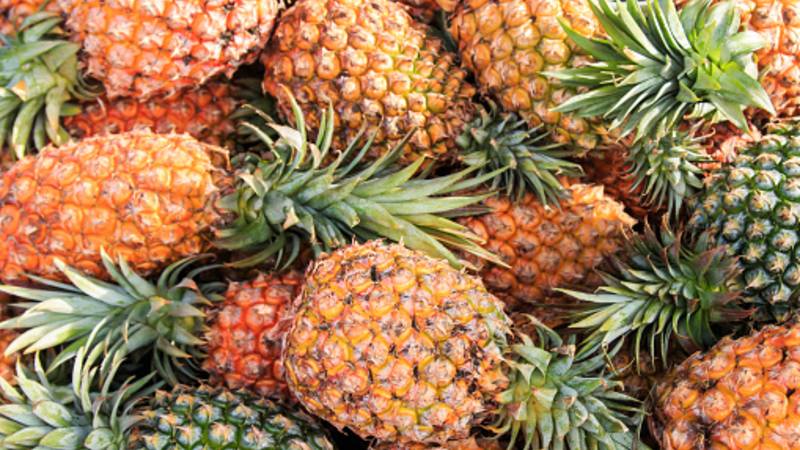
Automated technology is reshaping pineapple processing, reducing spoilage and boosting efficiency by removing the risks of manual waxing.
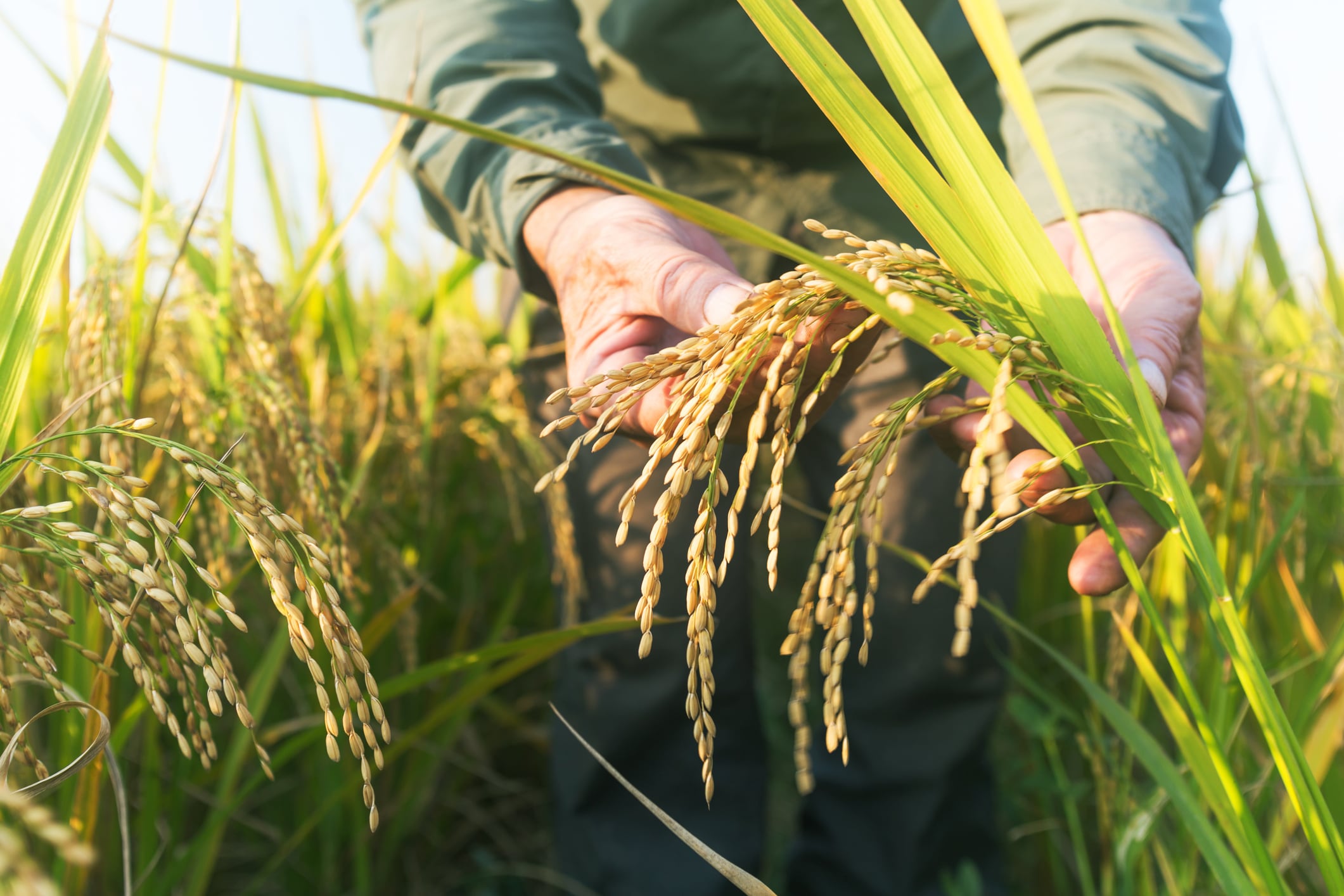
Machine learning has uncovered key details about rice cultivation over five decades, revealing how season-tailored breeding and more frequent varietal changes can sustain productivity.
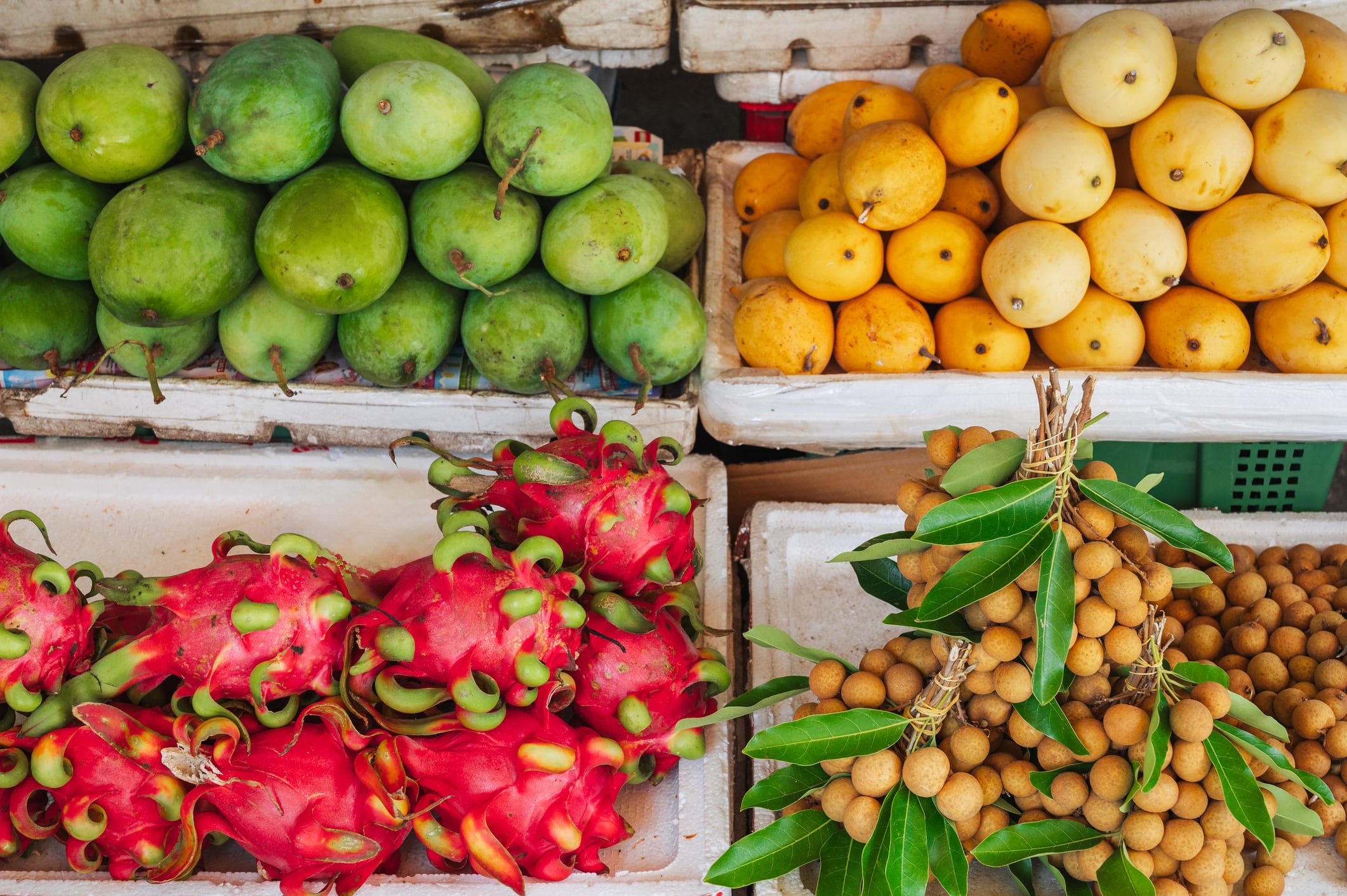
Vietnam’s fruit farmers are getting a A$2.1m (U$1.37m) boost from Australia to kickstart digital transformation and tap climate-smart growth in premium markets.
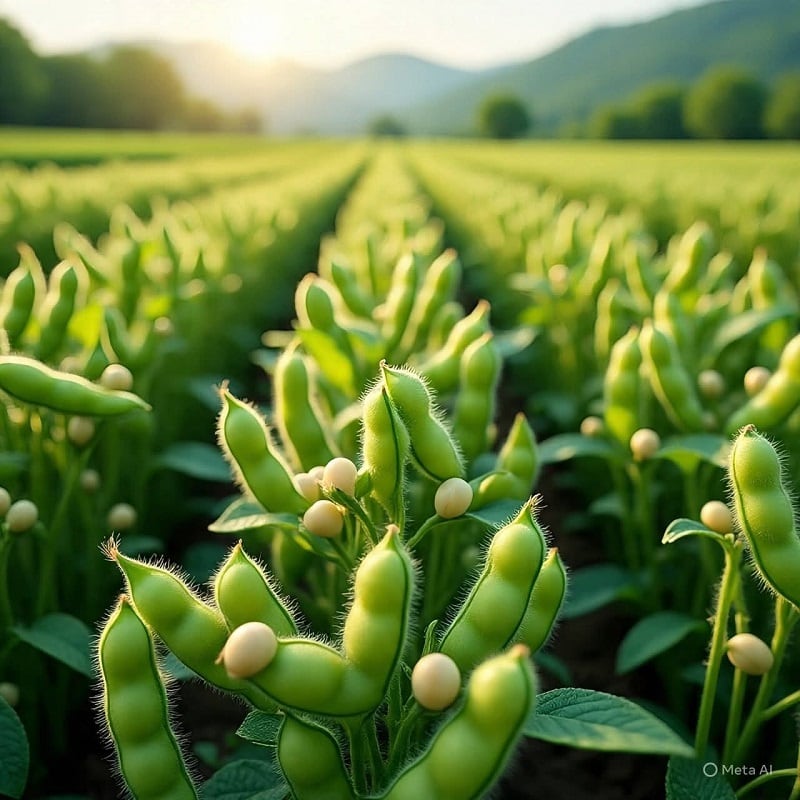
A decade from the formation of its first fund in St. Louis, Missouri in the US, global early-stage venture capital firm The Yield Lab celebrates investing in 100+ agri-food tech companies

Mexico’s agriculture industry is meeting the moment when it comes to tariff threats and the re-emergence of the New World screwworm (NWS)

Lending rose 6% among Australian farms, with broadacre and dairy accounting for more than half of debt value amid ongoing economic strife.

Japan’s agriculture ministry will be requesting funds to modernise farming with technology as it aims to avert a prolonged rice shortage crisis.
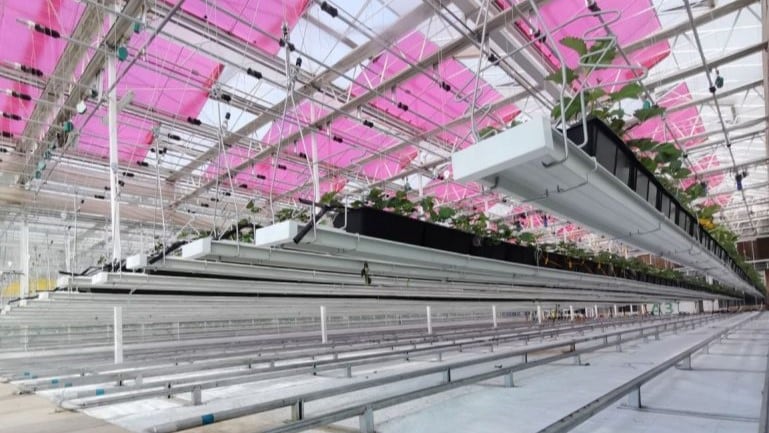
A Singapore agtech firm is targeting global greenhouse growth, capitalising on rising demand driven by sustainability and what it sees as advantages over vertical farming.

Brussels trade group warns lack of guidance risks derailing compliance efforts

DayaTani is leveraging the success of its seeds business as a ‘means to an end’ to fund its agri-tech developments.
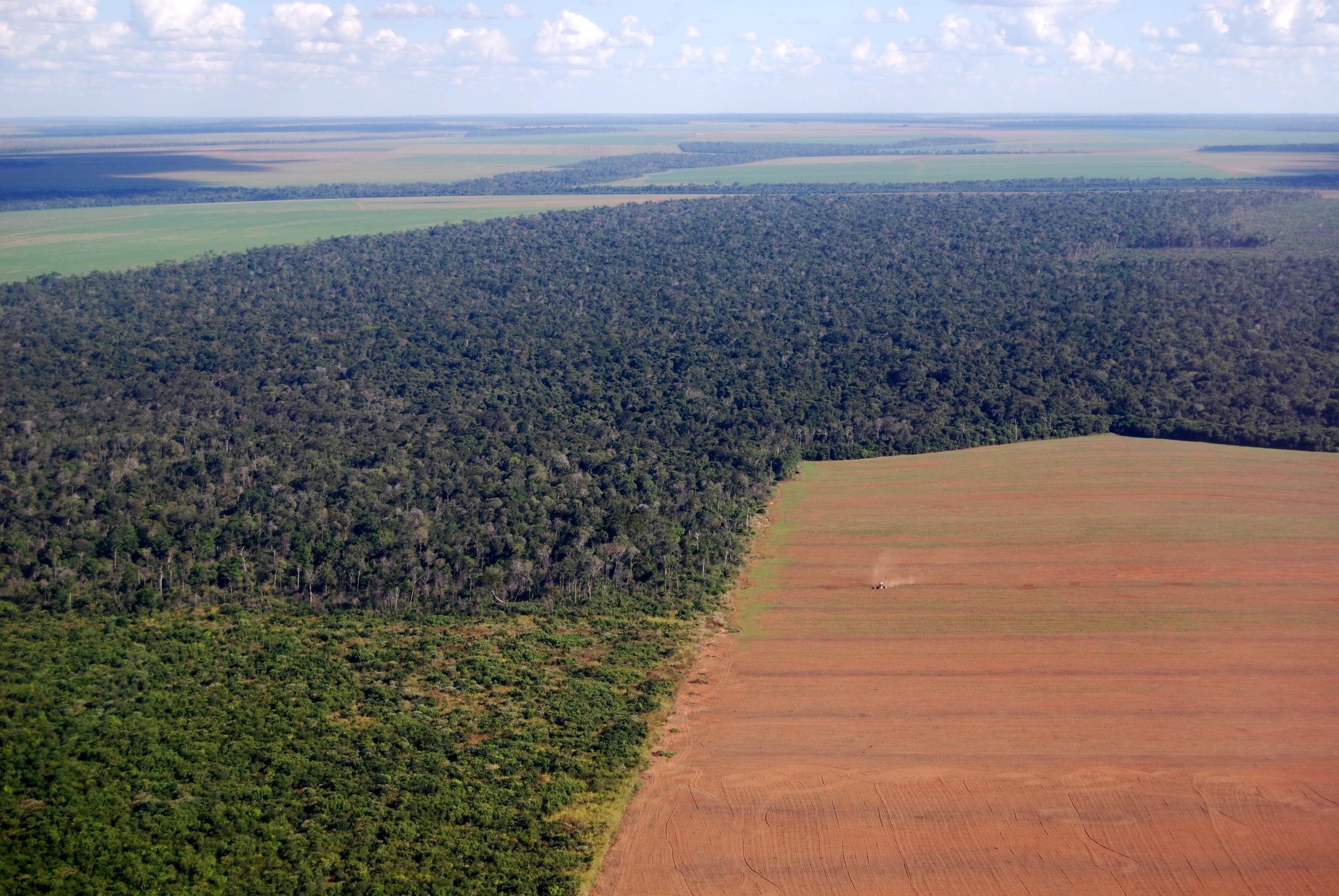
Growing concern among international buyers and environmental groups over threat to soy agreement
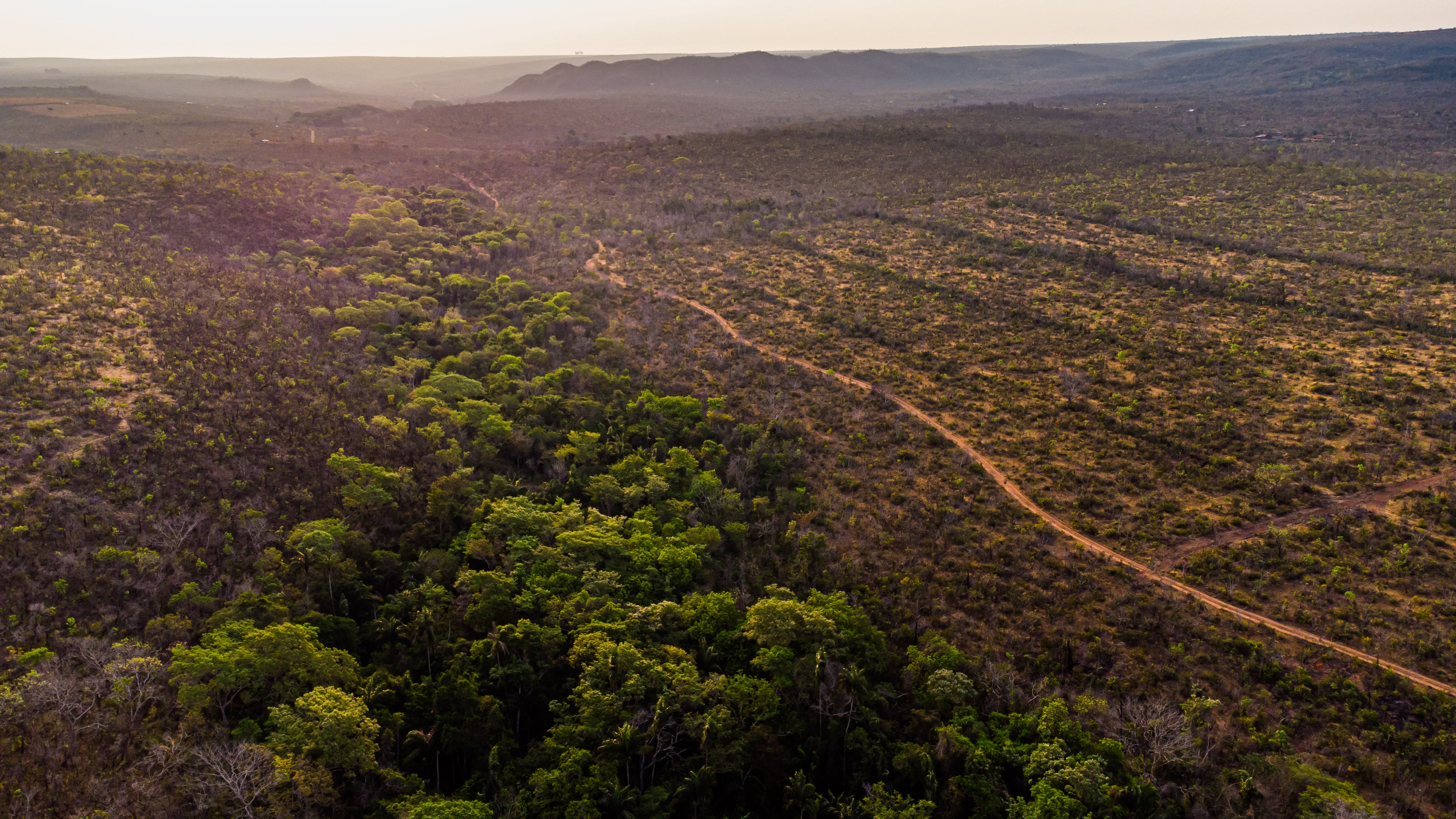
The RCF is projected to reach over US$200m by the 2026/27 season
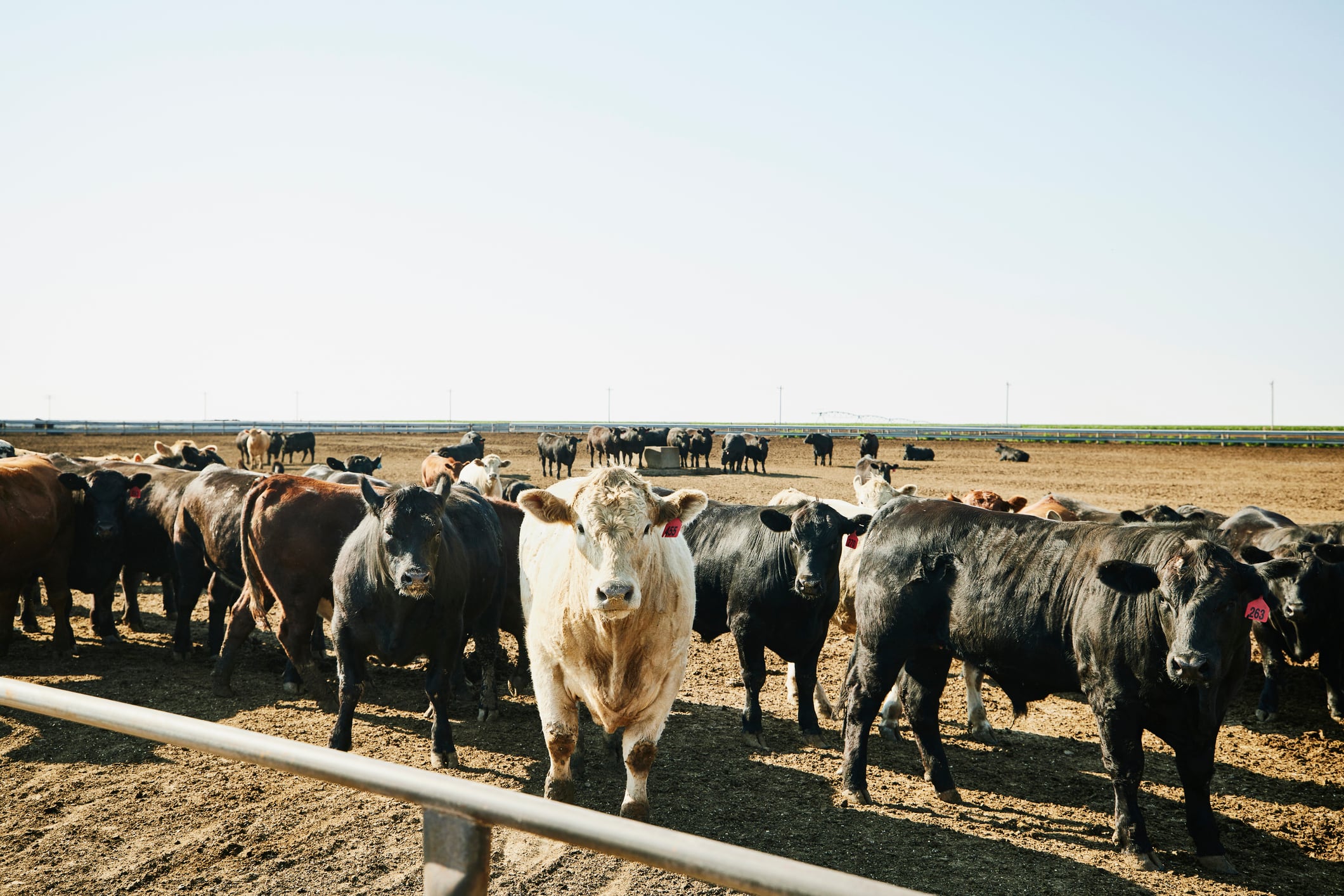
But animal health trade-offs must be considered

Cerium oxide nanoparticles (CeO2NPs) enhance salt tolerance in two different rice cultivars, including one that is usually highly sensitive, says study.
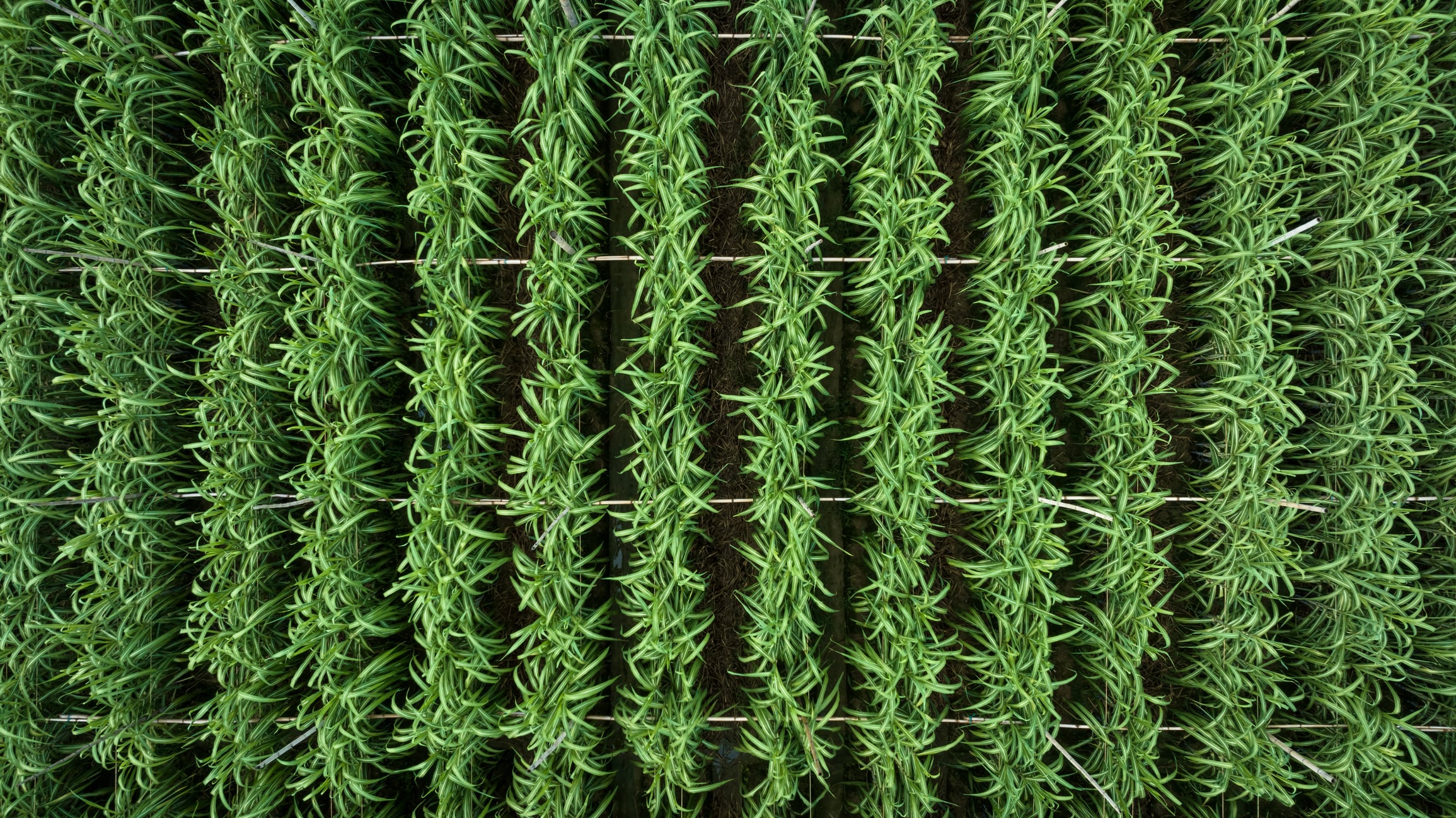
Earlier this year Coca-Cola Europacific Partners (CCEP) announced a partnership with AI-driven plant breeding start-up Avalo. The project hopes to find sugarcane varieties that offer better yields from lesser quantities of water and fertiliser, explains...

The rice value chain will increasingly focus on climate-smart practices to shape the future of farming, with a new project in Vietnam highlighting the benefits of industry collaboration.
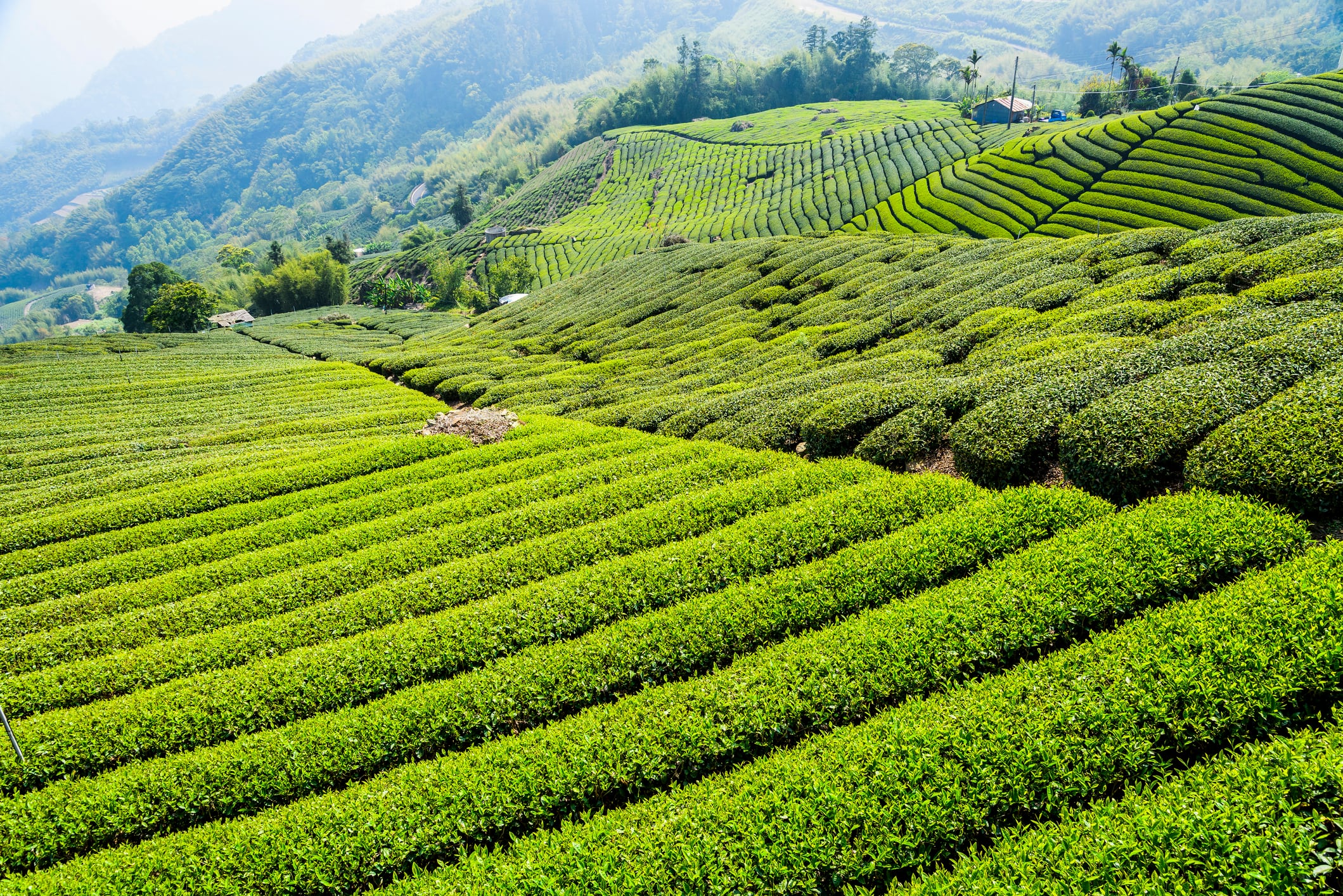
Taiwan seeks to grow its US market share in farm and fishery products even as Washington imposes tariffs, with the agriculture ministry pledging support to protect local farmers and fishermen.